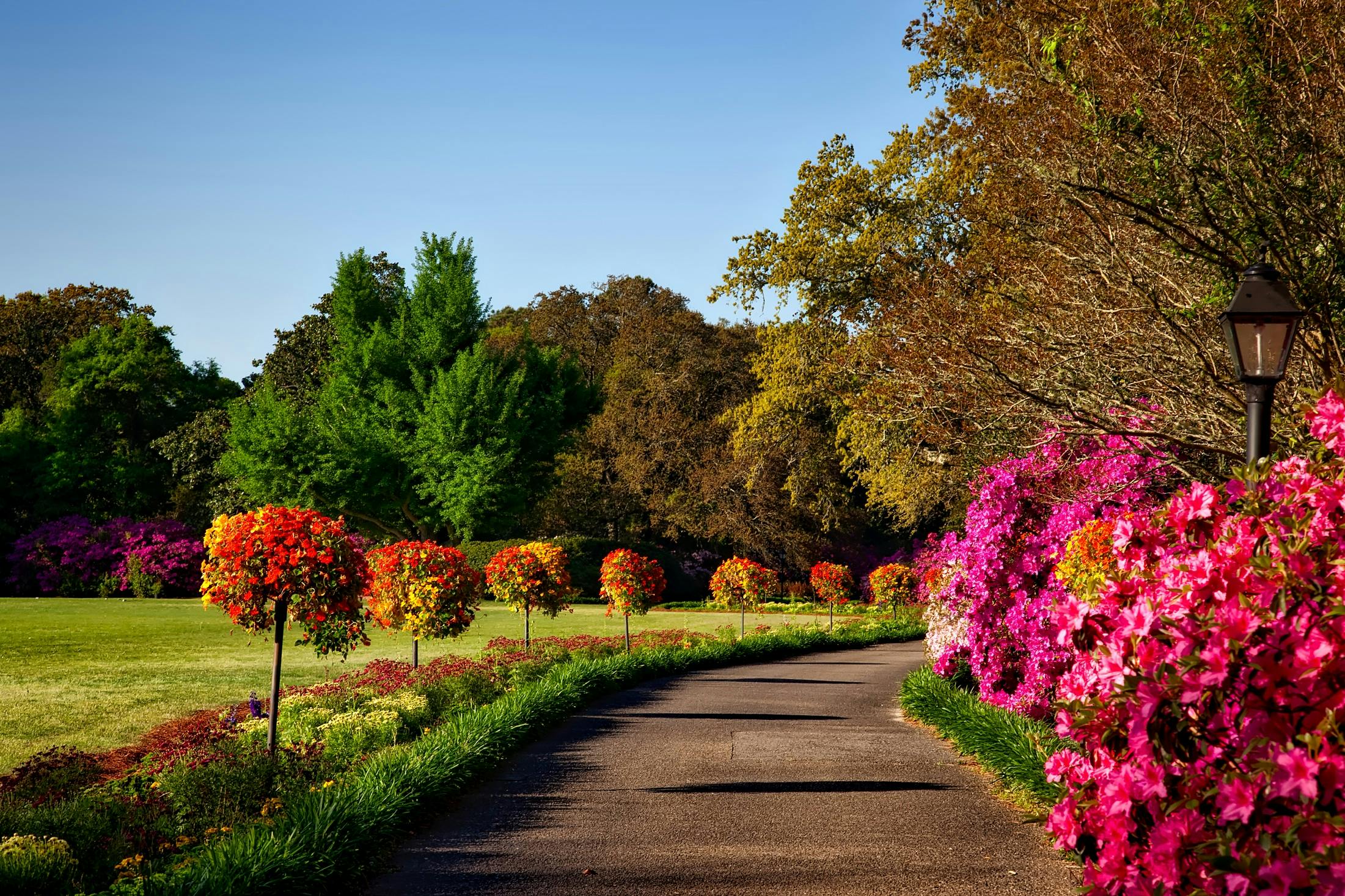How Can You Create an Aromatic Herb Garden on a City Balcony?

Living in the city often means making do with less green space. But don’t let that stop you from pursuing your passion for gardening, even in a high-rise flat. Balcony gardening is a viable option that allows you to grow plants, especially aromatic herbs, right on your balcony. With a bit of creativity, a simple urban balcony can transform into a green oasis brimming with fragrant herbs. Here’s how.
Choosing the Right Herbs for Your Balcony Garden
Before diving into the fun part of planting, take the time to choose the right herbs for your garden. Not all herbs can adapt to the same conditions, so consider your balcony’s orientation and the amount of sunlight it receives.
On a south-facing balcony, herbs like basil, thyme, or rosemary will thrive as they need a good six to eight hours of sunlight every day. On the other hand, if your balcony is north-facing, opt for herbs like parsley, chives, or mint, which can grow in partial shade.
Mint is particularly suited for balcony gardening, as it can easily spread and take over a small plot of land. In a container, however, it is restrained and easier to manage.
Selecting Suitable Containers and Pots
When it comes to choosing containers for your balcony herb garden, your options are limitless. From traditional clay pots to creative recycled containers, anything that can hold soil and allow water to drain can be used.
However, don’t forget to consider the size of the pot in relation to the plant you are planning to grow. Small pots are perfect for herbs like chives or oregano, which don’t require much root space. Larger containers, on the other hand, are ideal for robust herbs like rosemary or mint that need more room to grow.
When selecting containers, also take into account the materials. Terracotta pots are porous and allow the soil to "breathe," but they also dry out faster. Plastic pots retain moisture longer, but they can become too hot during summer months. So choose wisely based on the watering needs of your chosen herbs.
Preparing the Right Soil and Fertilizer
The next important step in creating a thriving herb garden is choosing the right soil. Most herbs do well in well-draining, loamy soil. A good-quality potting mix available at your local garden center is a great start.
Don’t overlook the importance of fertilizers, as they can make a significant difference in the health and productivity of your balcony garden. Most herbs aren’t heavy feeders, so a balanced, slow-release granular fertilizer applied at planting time should suffice for the growing season.
Remember to follow the manufacturer’s instructions for the fertilizer, as too much can harm your plants. Some herbs, such as rosemary and thyme, prefer leaner soil, so they may not need additional fertilizers once planted.
Balcony Gardening Tips and Techniques
Even the most experienced gardener can stumble when it comes to growing plants in a limited space like a balcony. Here are a few tips to help you navigate this unique gardening experience successfully.
Firstly, take into account the wind factor. Balconies, especially those in taller buildings, can be windier than ground-level gardens. Some herbs, like basil or parsley, may need protection from constant wind. Consider placing them near a wall or using a windbreak for protection.
Secondly, remember to water your plants regularly. In a higher altitude, plants can dry out faster, and additional heating from the building itself can exacerbate this effect. However, be careful not to overwater, as this can lead to soggy soil and root problems.
Lastly, maximize your vertical space. Use wall hangers, tiered planters, or even a trellis to grow climbing plants like ivy or sweet peas. This way, you are not limited to the floor space of your balcony for your herb garden.
Creating a Haven for Pollinators
Balcony gardens are not just for your pleasure, they also serve as a haven for pollinators like bees and butterflies. By growing flowering herbs like lavender, sage, or borage, you create a miniature ecosystem on your balcony that helps these invaluable creatures.
Moreover, pollinators can help your herb garden thrive. They play an integral role in the reproduction of many plants by transferring pollen between the male and female parts of flowers. This leads to fertilization and hence, the production of fruits and seeds.
So, by incorporating herbs that attract pollinators, you are not only contributing to biodiversity, but also ensuring a healthy and productive balcony garden.
Creating a balcony herb garden is a fulfilling endeavor that allows you to grow your own food, reconnect with nature, and contribute to local biodiversity, all from the convenience of your city dwelling.
Harvesting and Usage of Aromatic Herbs
After nurturing your herb garden and watching them flourish, the next exciting step is to harvest and utilize these aromatic herbs in your daily life. Harvesting and using these herbs is not just about plucking leaves randomly; there’s a right time and method to do so to ensure the ongoing growth and productivity of your plants.
The best time to harvest most herbs is in the morning, after the dew has dried but before the sun gets too hot. This is when the essential oils of the aromatic herbs are most potent. Herbs like basil, oregano, rosemary, and thyme should be cut just above a leaf pair. This encourages new growth and ensures that your plants continue to produce leaves for future harvests.
Your harvested herbs can then be incorporated into your urban cuisine. Fresh herbs can elevate the flavor of any dish, making them kitchen essentials. For example, rosemary can be used to season your meats, basil can be incorporated into fresh salads, and mint leaves can be used for making refreshing drinks.
Beyond the kitchen, these herbs also have various other uses. You can create your own essential oils, use them for aromatherapy or even as natural remedies for common ailments. For instance, lavender oil is known for its calming effects, while peppermint oil can help relieve headaches.
Conclusion: The Joy of Growing Your Own Aromatic Herb Garden
In the concrete jungle of a bustling city, a small balcony garden can serve as an oasis of greenery, providing a sanctuary for both its creator and local pollinators. Despite the challenges of limited space and unpredictable weather conditions, a balcony herb garden is not only achievable but also rewarding.
Through careful selection of herbs and containers, proper preparation of soil and fertilizer, and strategic gardening techniques, you can transform your small outdoor space into a thriving herb haven. Not only does this allow you to grow your own fresh, organic herbs for culinary use, but it also contributes to urban biodiversity and provides you with a sense of satisfaction and connection to nature.
Moreover, the act of herb gardening can be therapeutic, offering a stress-relieving activity that breaks the monotony of city living. By inviting nature into your home, you can create a tranquil, aromatic environment that not only enriches your meals but also your well-being.
So, with a little creativity, patience, and love for plants, you can successfully create an aromatic herb garden on your city balcony. Remember, it’s not the size of the garden that matters, but the joy it brings to your everyday life. So start your balcony herb garden today, and let nature’s charm fill your urban dwelling.
